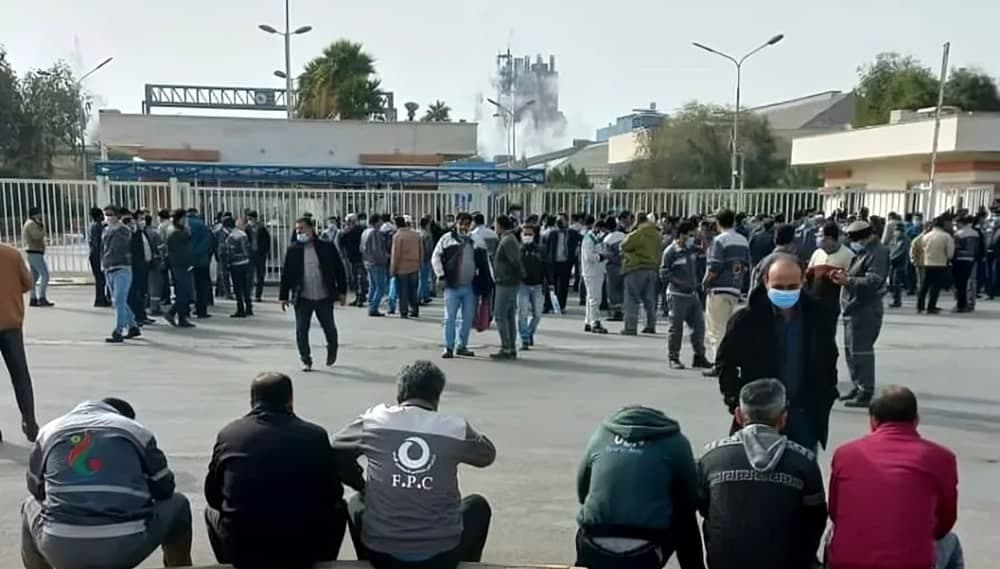Iran Faces $1.96 Billion Daily Economic Losses Amidst Widespread Protests Over Economic Hardship and Human Rights

Iran is grappling with escalating social unrest and a severe economic downturn, marked by widespread protests across the nation and significant daily financial losses. Recent reports indicate that the country is experiencing a profound crisis, with daily economic losses reaching an estimated 80 trillion rials (approximately $1.96 billion) due to crippling power outages, according to state-run media. The situation has prompted a surge in demonstrations from various segments of society, including truck drivers, bakers, retirees, and students, all demanding fundamental changes.
The economic pressures on ordinary Iranians are immense, fueled by hyperinflation, a plummeting national currency, and high unemployment rates. Sanctions continue to decimate the economy, shrinking the middle class and exacerbating wealth inequality. As one schoolteacher in Tehran, Elham, stated, "You can feel the difference between rich and poor more than ever; everything has become expensive, whether it's bread or chicken. Meanwhile, you see people in luxury coffee shops, luxury restaurants."
Human rights organizations, including Amnesty International, report a systematic suppression of basic freedoms. Rights to expression, association, and peaceful assembly are severely curtailed, while women, girls, and ethnic and religious minorities face systemic discrimination and violence. Arbitrary detentions, torture, unfair trials, and the widespread use of the death penalty remain prevalent, often targeting protesters and dissidents.
The growing discontent has manifested in a series of coordinated protests. Truck drivers initiated a nationwide strike across 155 cities, demanding fair tariffs and improved conditions, while bakers have protested against power cuts, rising flour prices, and punitive fines, with some dumping spoiled dough in defiance. Retirees frequently take to the streets, demanding payment of pensions eroded by inflation and corruption, chanting, "They’ve stolen the oil fund and left us destitute!"
University students have also joined the movement, rejecting what they describe as humiliation and a lack of future prospects. In response, the authorities have met protests with repression, including arrests, threats, and violence, yet the resolve of the demonstrators appears to be strengthening. The critical infrastructure, including power and water supplies, is crumbling, further fueling public anger and highlighting the regime's struggle to address the basic needs of its population.